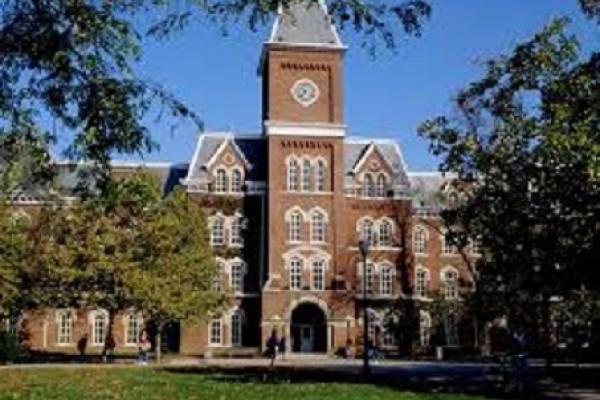
Abstract: An adaptive preference exists when individuals' expressed preferences do not rationally reflect their “real” preferences, but only what they think is feasible. Oftentimes, such constraints are not integrated into individuals’ decision-making in a rational way, which is why philosophers like Sen and Nussbaum have worked hard to investigate how to neutralize adaptive preferences in developing economies. But what if adaptive preferences were not confined to developing countries? The argument of this paper is that overconsumption in developed countries, specifically the United States of America, can also be viewed through the lens of adaptive preferences. Not all overconsumption is necessarily an adaptive preference, but insofar as some overconsumption is, several opportunities are opened. First, as Sen and Nussbaum have pointed out, neutralizing adaptive preferences is often relatively simple and effective, at least compared with trying to fix more deeply seated issues of false consciousness – an adaptive preference only exists as long as an individual thinks they can't get what they really want. If this object of true desire is made available, and the individual is made aware of this availability, then the problem more or less solves itself. Second, insofar as adaptive preferences are a problem in both “developed” and “developing” countries, we have a new way to create a sort of international solidarity. Although not at the level of true “class consciousness” in a Marxist sense, the recognition of a mutual problem caused by certain social and economic structures might assist in the general project of cosmopolitanism and the amelioration of problems like poverty and disease. Thus, although the direct targets of this paper are citizens of wealthy states, even thinkers like Peter Singer who are concerned primarily with the global poor should find some utility in this approach.
The paper is available at http://polisci.osu.edu/political-theory-workshop and we ask you to read the paper in advance if possible.
